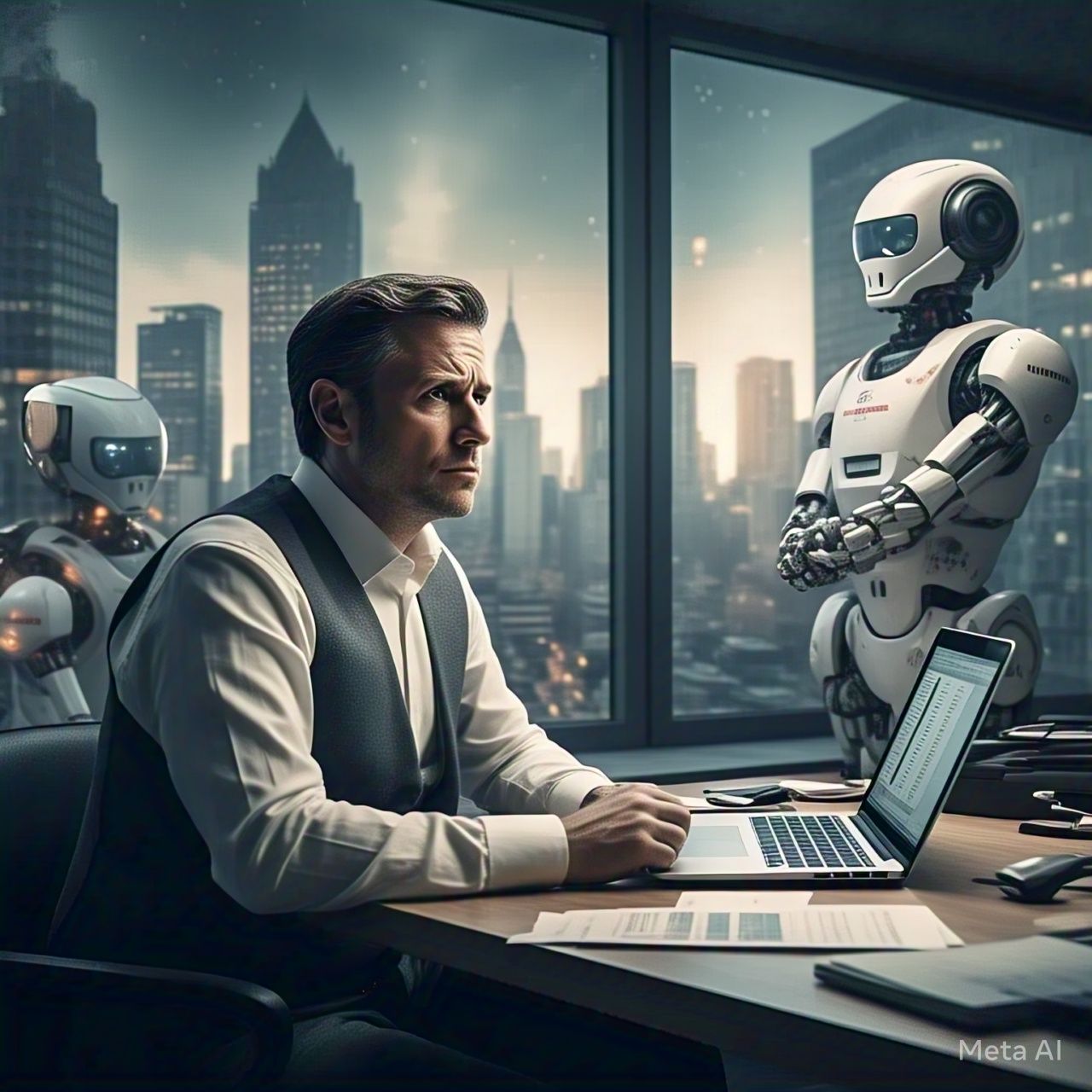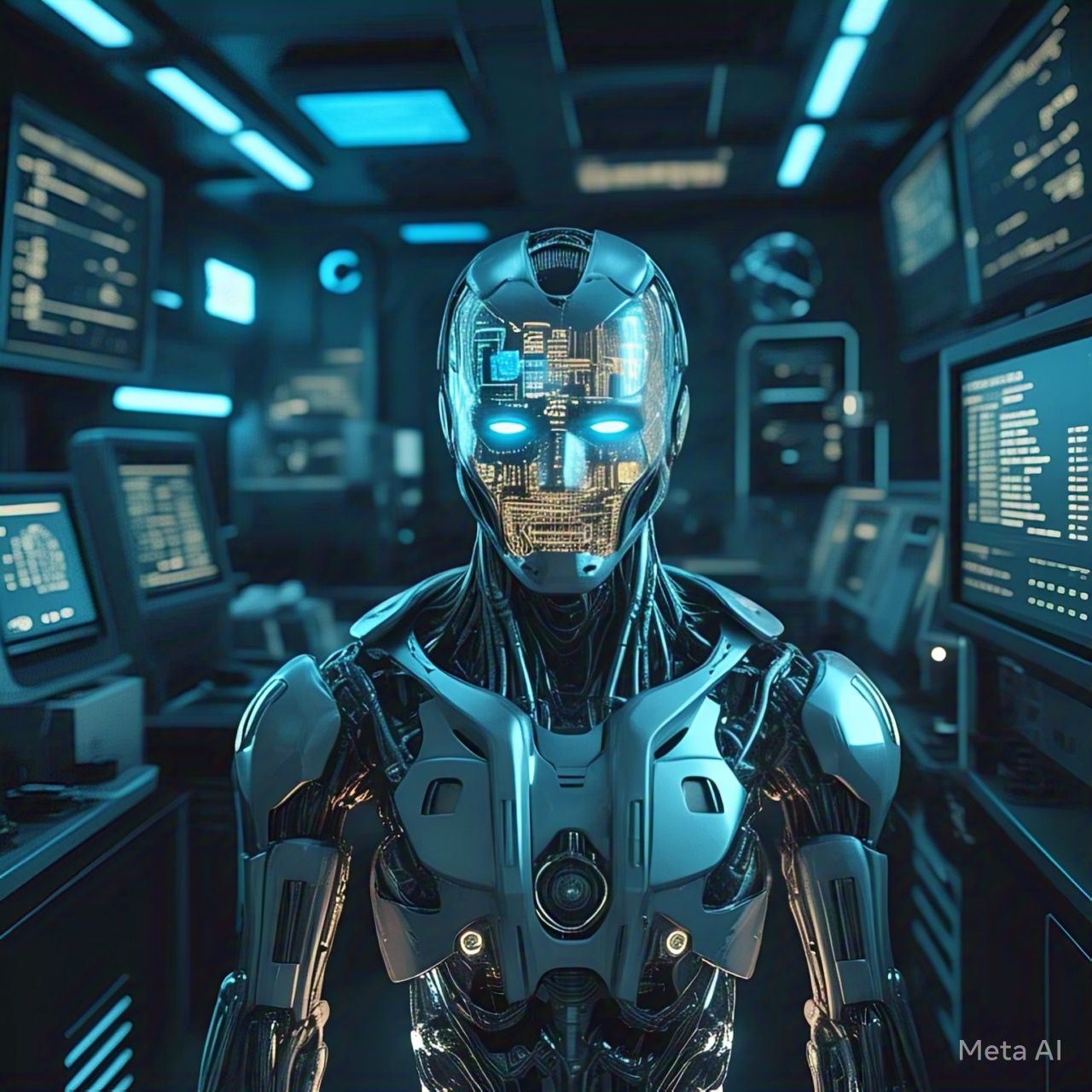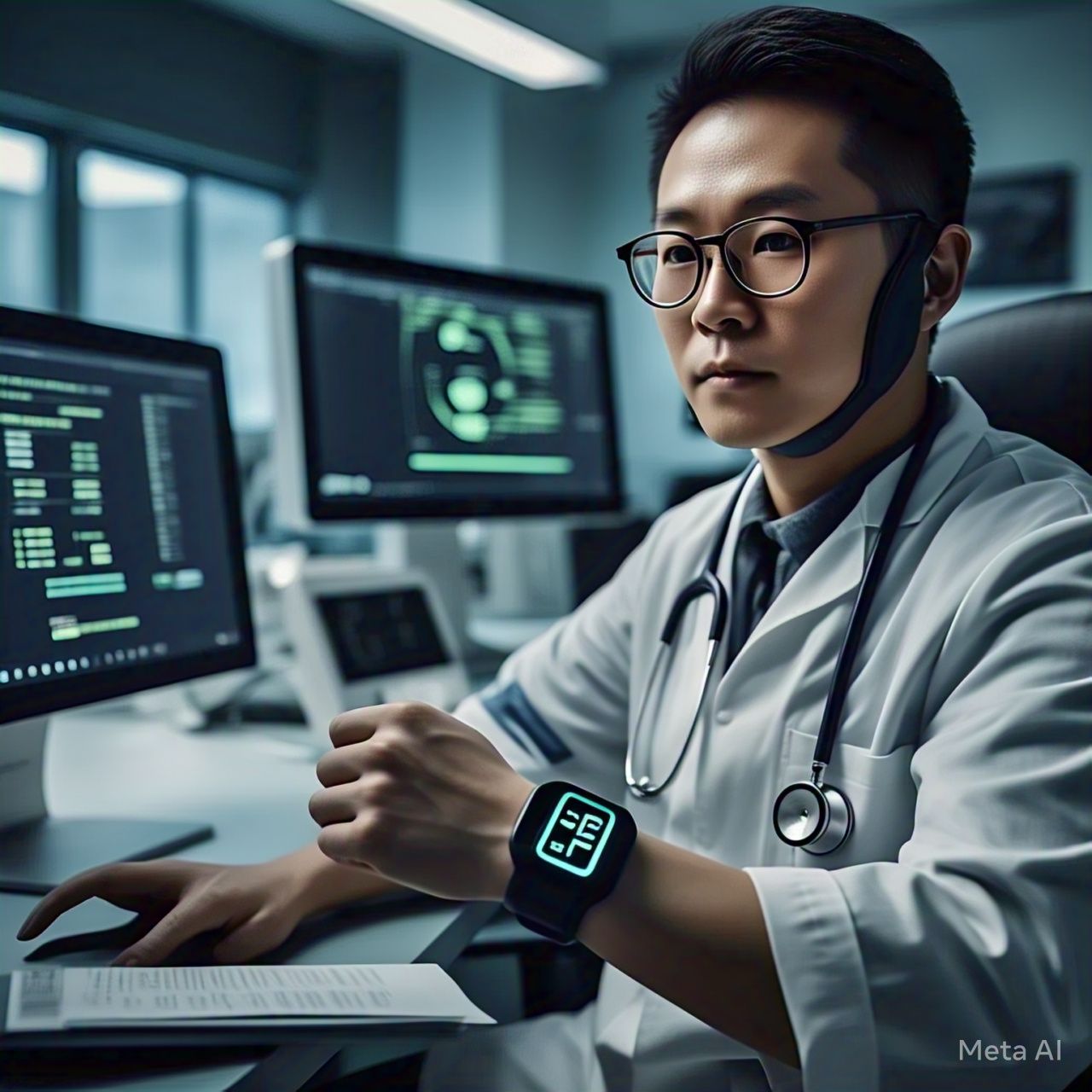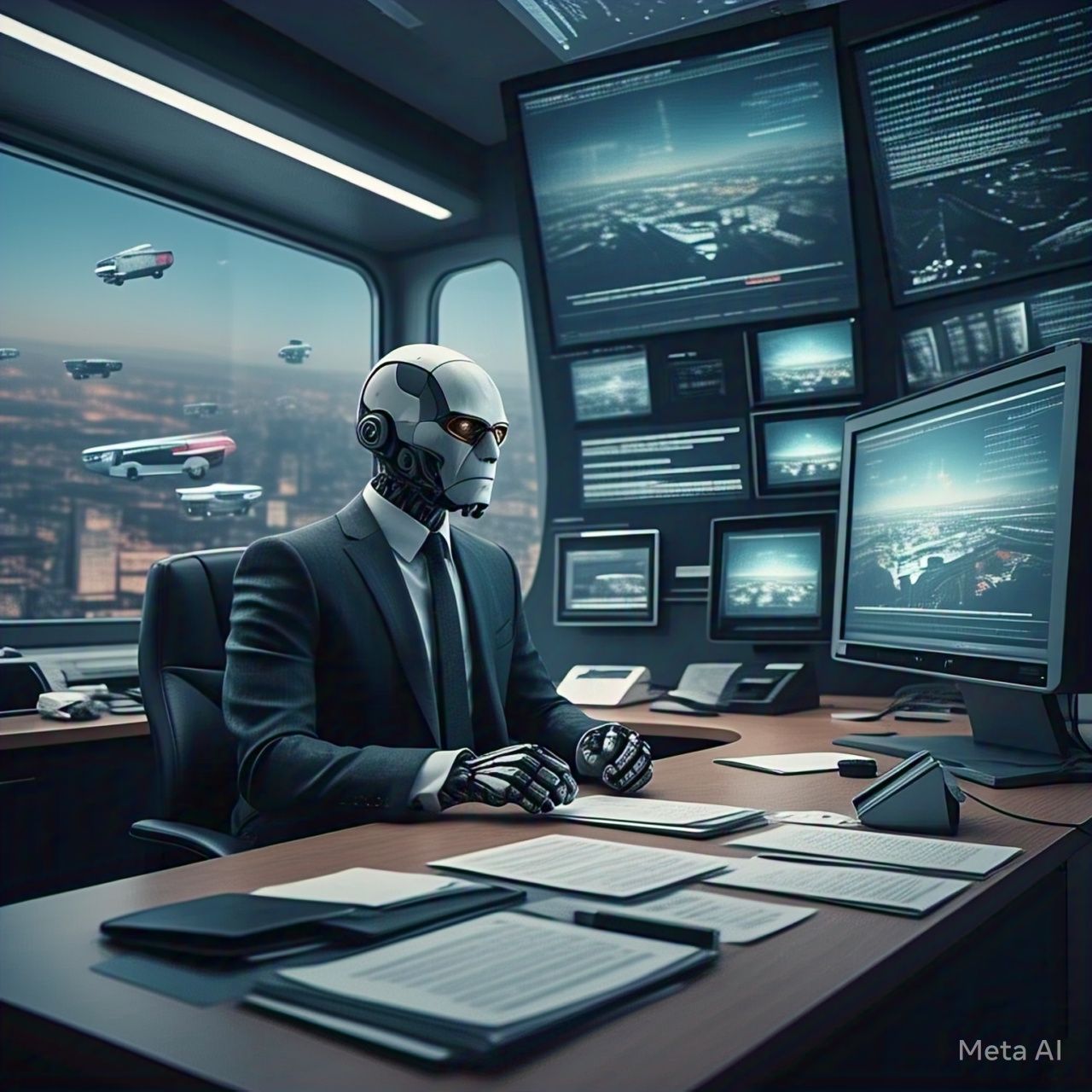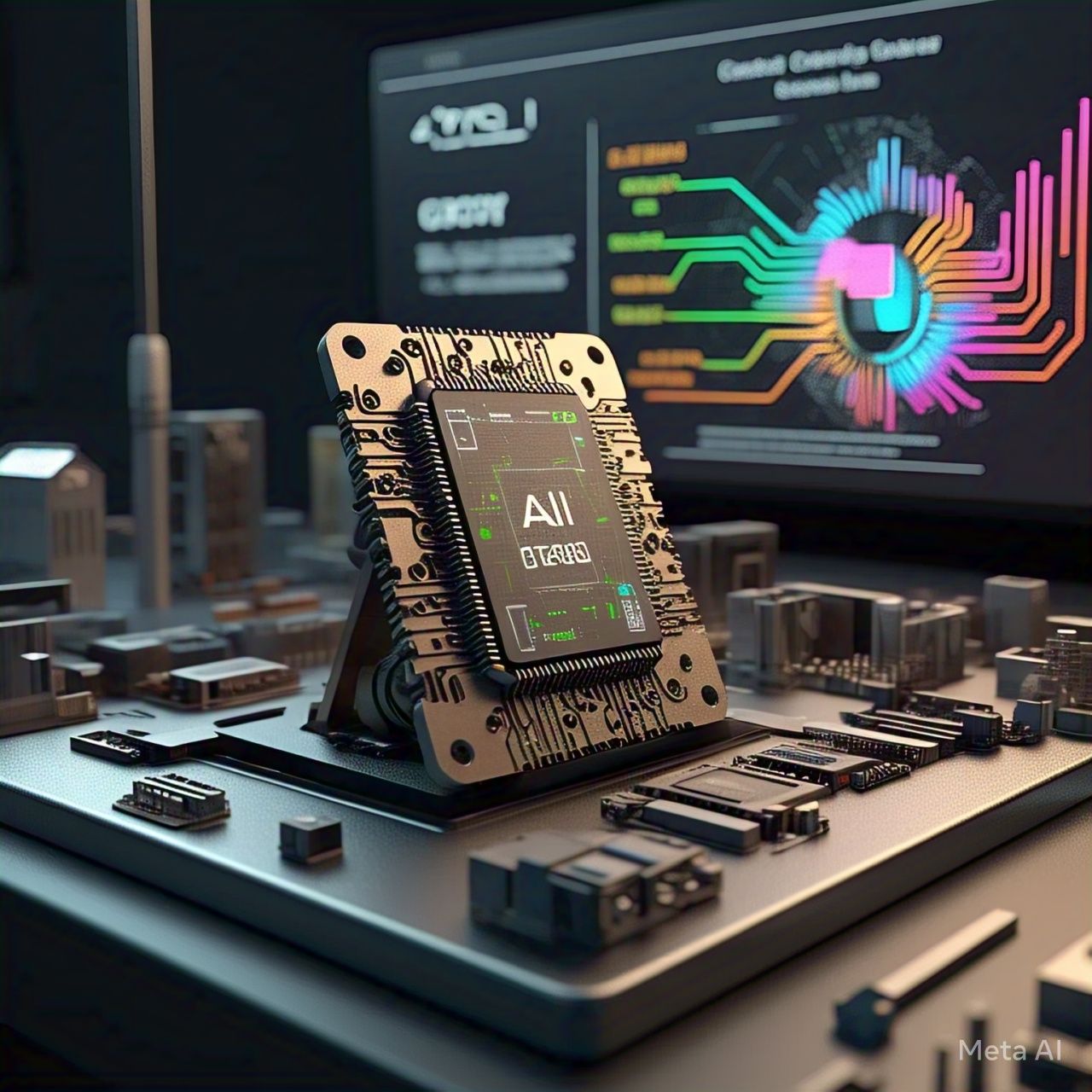Table of Contents
- Introduction
- The Role of AI in Economic Growth
- AI-Driven Job Automation: Threats and Opportunities
- The Industries Most Affected by AI
- AI and Wage Disparities
- Universal Basic Income (UBI) as a Solution
- The Future of Work: Human-AI Collaboration
- Ethical and Social Considerations
- Government Policies and AI Regulations
- FAQs
- Conclusion
- Citations
1. Introduction
Artificial intelligence (AI) is transforming the global economy, revolutionizing industries, and reshaping the job market. While AI-driven automation increases efficiency and productivity, it also raises concerns about job displacement and economic inequality. Could robots and AI push humanity into poverty, or will they create new opportunities for growth? This article explores the economic impact of AI, addressing its risks and benefits.
2. The Role of AI in Economic Growth
AI has significantly contributed to economic expansion in several ways:
- Increased Productivity: AI-powered automation streamlines tasks, improving efficiency across industries.
- Cost Reduction: Businesses save money by automating repetitive tasks, reducing labor costs.
- Innovation Boost: AI fuels new business models, products, and services, expanding economic potential.
- Enhanced Decision-Making: AI analytics help businesses make data-driven decisions, optimizing performance.
3. AI-Driven Job Automation: Threats and Opportunities
The rise of AI-driven automation has sparked debates about job security. While some fear mass unemployment, others see opportunities for workforce evolution:
| Impact | Threats | Opportunities |
|---|---|---|
| Job Loss | AI replacing repetitive jobs | AI creating new job categories |
| Economic Disruption | Widening wealth gaps | Increased efficiency boosting GDP |
| Skills Gap | Workers needing retraining | Upskilling opportunities in tech-driven roles |
| Workforce Transformation | Loss of traditional careers | AI-human collaboration enhancing productivity |
4. The Industries Most Affected by AI
AI is reshaping multiple industries, with some facing greater disruption than others:
- Manufacturing: Robotics replacing assembly line workers.
- Retail: Automated checkout systems reducing cashier jobs.
- Transportation: Self-driving vehicles impacting truck and taxi drivers.
- Finance: AI-driven algorithms automating trading and customer service.
- Healthcare: AI-powered diagnostics assisting medical professionals.
5. AI and Wage Disparities
While AI may improve overall economic output, it also contributes to wage inequality:
- High-Skilled vs. Low-Skilled Jobs: AI increases demand for tech-savvy professionals while reducing opportunities for low-skilled workers.
- Corporate Profits vs. Worker Earnings: Businesses benefit financially, but employees may face wage stagnation.
- Geographic Disparities: AI development benefits major tech hubs, leaving smaller economies behind.
6. Universal Basic Income (UBI) as a Solution
To counter AI-induced economic disruption, some experts advocate for Universal Basic Income (UBI):
- What is UBI? A government-provided financial stipend to all citizens, ensuring a basic standard of living.
- Pros: Reduces poverty, provides economic security, encourages entrepreneurship.
- Cons: Funding challenges, potential inflation risks, dependency concerns.
- Real-World Experiments: Countries like Finland and Canada have tested UBI programs to assess feasibility.
7. The Future of Work: Human-AI Collaboration
Instead of full replacement, AI is likely to reshape work dynamics:
- AI-Assisted Jobs: AI complements human skills rather than replacing them.
- Creative and Social Roles: AI struggles with human-centric tasks like emotional intelligence and creativity.
- Reskilling Initiatives: Governments and businesses investing in training programs to prepare workers for AI-driven jobs.
8. Ethical and Social Considerations
AI’s economic impact raises several ethical concerns:
- Job Displacement vs. Innovation: Balancing automation with job creation.
- Corporate Responsibility: Ensuring businesses prioritize workforce well-being.
- Bias and Fairness: Preventing AI-driven economic inequality through ethical AI design.
- Data Privacy and AI Governance: Protecting individuals from AI misuse in employment decisions.
9. Government Policies and AI Regulations
To mitigate AI-induced economic challenges, policymakers must:
- Implement AI Labor Laws: Ensuring fair employment practices in an AI-driven economy.
- Support Education and Retraining: Encouraging workforce adaptability.
- Regulate AI in Business: Preventing monopolization and ensuring ethical AI usage.
- Explore Economic Safety Nets: Evaluating UBI and other social welfare programs.
10. FAQs
1. Will AI take all jobs?
No, AI will automate some jobs but also create new opportunities, especially in tech-driven fields.
2. How can workers adapt to AI-driven changes?
By reskilling, upskilling, and focusing on roles that require human creativity, emotional intelligence, and problem-solving.
3. Is Universal Basic Income a viable solution for AI-induced unemployment?
UBI has potential, but its economic feasibility remains a topic of debate among policymakers.
4. Which jobs are safest from AI automation?
Creative, social, and highly technical jobs such as artists, therapists, and AI engineers are less likely to be fully automated.
5. How can AI-driven economic inequality be addressed?
Through fair AI regulations, investment in education, and equitable wealth distribution policies.
11. Conclusion
AI is reshaping the economy, posing both risks and opportunities. While automation threatens some jobs, it also drives innovation, efficiency, and new career paths. To ensure AI benefits all of humanity, governments, businesses, and individuals must collaborate on policies that promote economic inclusion, workforce adaptability, and ethical AI practices.
12. Citations
- Bostrom, Nick. Superintelligence: Paths, Dangers, Strategies. Oxford University Press, 2014.
- Russell, Stuart. Human Compatible: Artificial Intelligence and the Problem of Control. Viking, 2019.
- Brynjolfsson, Erik, and Andrew McAfee. The Second Machine Age: Work, Progress, and Prosperity in a Time of Brilliant Technologies. W.W. Norton & Company, 2014.
- European Commission. AI and Employment Studies, 2023.
- World Economic Forum. The Future of Jobs Report, 2023.
